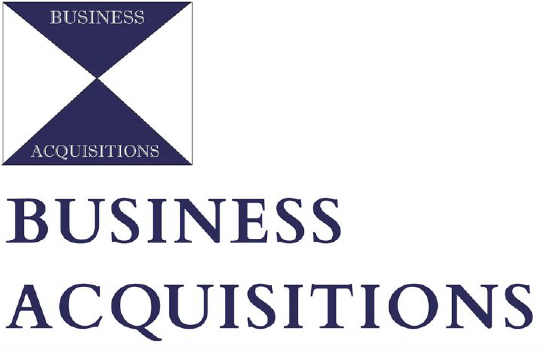The pandemic swept the world, and we were bracing ourselves for the very worst. Would anyone really want to buy or sell a business during this COVID-19 crisis?
COVID-19 is causing just about everything to get disrupted. So, buying or selling a business has also been impacted. When it comes to buying or selling a business it’s not only about the property but also who you’re doing it with. You need someone who can be trusted during this difficult time where there are many risks involved on all sides—buying companies from other COVID-19 victims without taking too much risk themselves while still getting a fair.
What the Market Looks Like
As the world struggles to recover from a global pandemic in which billions of people have perished, it is expected that this will change the long-running seller’s market into one where buyers can compete for what remains. For 20 years now, experts and analysts alike predicted such an occurrence due to natural disaster or political unrest, but few anticipated just how drastic these changes would be like after suffering through so many losses at once.
With the economy tanking and unemployment climbing, many small business owners have been looking to sell their companies. But with few buyers in sight, they may be able to buy up other struggling businesses for much less than before!
Advice for Sellers
If you’re looking to sell a company these days, whether you’re an owner who doesn’t have enough money or you’re unable to reinvent things, there are great opportunities out there.
However, buyers will be cautious and smart with their money. Some buyers who prey on struggling businesses also known as ambulance chasers will be looking for a quick fix, while others who have deep pockets will be looking to help pay off liabilities, so the business becomes profitable again.
Private equity buyers may have more cash than they did before COVID because of high interest rates, yet it is still riskier to buy now versus pre-COVID when there was less competition from other firms bidding on distressed assets.
As an entrepreneur, you might find yourself in a position where you have to sell your company. If you get to this point, it’s highly advisable for you to get an accurate valuation for your business.
We often think that our businesses are more valuable than outsiders do because we put so much time into them–sometimes with little return on investment. It’s therefore very easy to overestimate the worth of that you own, and this may result in leaving money on the table.
If you’re faced with having to sell your company at some point down the line (which may be sooner rather than later), make sure you know how much it might go for by getting an appraisal first – or else risk overvaluing something you’ve spent
Advice for Buyers
A good strategy for buying a struggling business is to ask the owner why it has failed and what will make it succeed. If you have enough cash flow, assess if there are an economic downturn or industry slump coming up in your area that might harm this company’s future sustainability.
When thinking about a business, be sure to ask what your cash flow will look like and how much working capital you need now versus the pre-COVID scenario.
Ask about their current financial situation so you know whether or not a sale is possible. Consider all aspects including where they were financially pre-COVID and where they are now.
Also, find out how the business will sustain itself through a recession, and whether it will stay in place for longer than had been anticipated.

